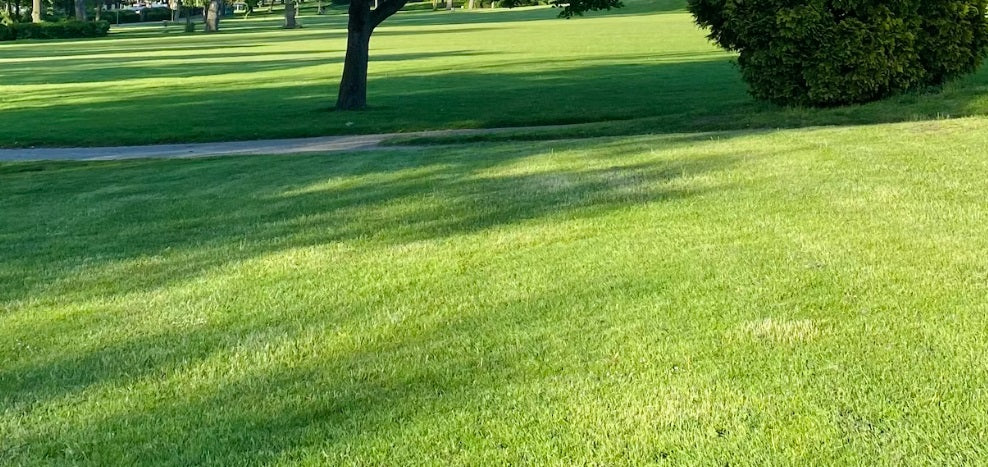Lawn Watering Mistakes to Avoid

Keeping your lawn green and healthy requires plenty of watering. While some lawn watering needs are met by rainfall, most homeowners require occasional supplemental watering from a hose.
While watering your lawn seems like a simple task, it's actually easy to make mistakes that can damage your grass. Improper watering can cause many problems, from stunted growth to fungus and disease. But by following the advice of lawn care providers, you can be sure that your grass will receive the right amount of water in the right way.
Incorrect amount of water

Over- or under-watering your lawn is perhaps the most common mistake that homeowners can make. As a general rule, your lawn needs about two inches of water per week, both from rain and from the hose. This means you don't have to thoroughly water the grass every time you turn on the sprinkler, but overnight rains may not be enough.
It's easy to tell if your grass isn't being watered enough because it usually turns brown and looks dry and dead. Even if it still looks healthy, grass that doesn't get enough water won't develop a strong and healthy root system, which can lead to problems in the future. Overwatering also creates a shallow root system by causing erosion. Too much water can also wash away fertilizers and nutrients, eventually killing the grass. Excessive moisture also promotes the growth of fungi that damage or destroy the lawn.
The best way to make sure your lawn is getting the right amount of moisture is to use a soil moisture meter. These inexpensive meters, available at any home and garden supply store, will tell you exactly how much moisture is in the soil and how much water it needs. Remember that it is better to spread the watering over a week to maintain a constant level of moisture in the soil without allowing it to become too dry or too saturated.
Watering at the wrong time
When you water your grass is just as important as how much you water it. While many homeowners set their watering systems to run overnight or run the hose themselves after work, watering late in the day can be detrimental to the health of your grass. Watering at night usually means the grass stays wet longer, which can increase the risk of fungal problems. Even watering earlier in the evening while the sun is still shining is not ideal because there is still enough heat in the air and ground to cause excess evaporation.
The ideal time to water your lawn is around dawn or between 4 and 8 am. morning At this time, the water does not evaporate as quickly, and there is usually less wind to blow the water away. Watering your grass well early in the morning can also keep it moist and reduce exposure to sunlight.
Even if you have a watering system, it's important to keep the timing in mind. You can't just "set it and forget it". Adjust the timing of your sprinkler sessions, and turn them off if it's consistently raining heavily. In fact, after a storm, let the grass dry out, check the soil meter, and turn on the sprinklers when the topsoil is dry.



